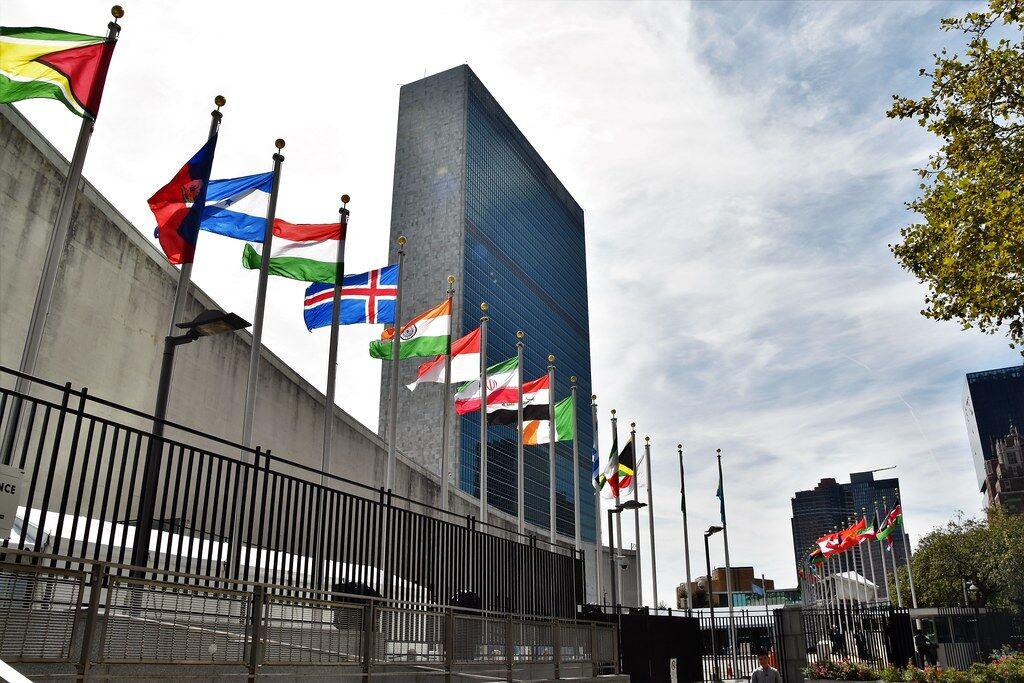In President Joe Biden’s first day of office, he upheld his campaign promise of rejoining the Paris Agreement, an international treaty within the United Nations Framework Convention on Climate Change committed to reducing global temperatures to fight climate change.
The Paris Agreement’s main goal is to limit global warming to below 2 degrees Celsius, ideally to 1.5 degrees Celsius, levels which are comparable to the pre-industrial era. Since its inception in 2016, 195 countries have signed this agreement.
While the United States exited the Paris Agreement during former President Donald Trump’s term, professor of atmospheric sciences Ramalingam Saravanan, Ph.D., said the United States has still done decently well in reducing emissions.
“The United States has done pretty well because of its shift to natural gas, despite the Trump Administration pulling out of the Paris Agreement,” Saravanan said.
Though the United States has begun to make a switch to natural gas from oil and coal, Saravanan said he believes the United States is still an integral part of the Paris Agreement and the world “practically need[s] the U.S. on board to provide political leadership.”
One of the biggest contributors of global warming talked about considerably less is hydrofluoric carbon emissions, or HFCs. These typically come from air conditioners and fridges. Atmospheric sciences professor Yangyang Xu, Ph.D., said HFCs are one of the biggest issues that must be addressed.
“If we don’t regulate HFCs, then the growth of it alone can increase global temperatures by 0.5 degrees [Celsius],” Xu said. “In European countries, which typically have mild summers, people may want to start to buy more air conditioners as global temperatures increase, just adding on to the problem.”
The $900 billion stimulus package passed last December also included funding to combat climate change that specifically targets HFC emissions. Xu said this money is “one of the most influential packages signed since 2009.”
As renewable energy begins to take a more dominant stance in the energy industry, the question arises of what will happen to the oil and gas companies who have historically provided the world with the majority of its energy. Atmospheric sciences professor Andrew Dessler, Ph.D., said he believes oil and gas companies are already on the decline.
“The oil and gas industry will be greatly diminished at some point in the next few decades, and policy makers should be focused on how to phase this out slowly,” Dessler said. “Start transitioning away now and slowly, and there won’t be a big falling off of a cliff. People in charge don’t think on decadal time scales, just on short-term best interests.”
Dessler said he believes the implications of global warming are much more costly than the efforts to combat it.
“There is little room for short-term pain,” Dessler said. “Ten years ago it was fair to say that the price of solar and wind were significantly more expensive than fossil fuels, but that isn’t true anymore. It is all gain at this point.”
There are things people can do on an individual level to combat climate change, such as carpooling, flying less and eating less meat. However, Dessler said these individual choices only offer part of a solution.
“The only thing that will solve climate change is international coordinated policies,” Dessler said.
A&M experts weigh in on rejoining the Paris Agreement
February 9, 2021
Photo by Creative Commons
President Joe Biden has kept his campaign promise by rejoining the Paris Agreement.
0
Donate to The Battalion
Your donation will support the student journalists of Texas A&M University - College Station. Your contribution will allow us to purchase equipment and cover our annual website hosting costs.
More to Discover









